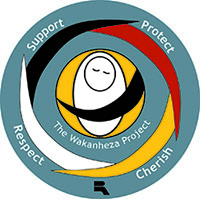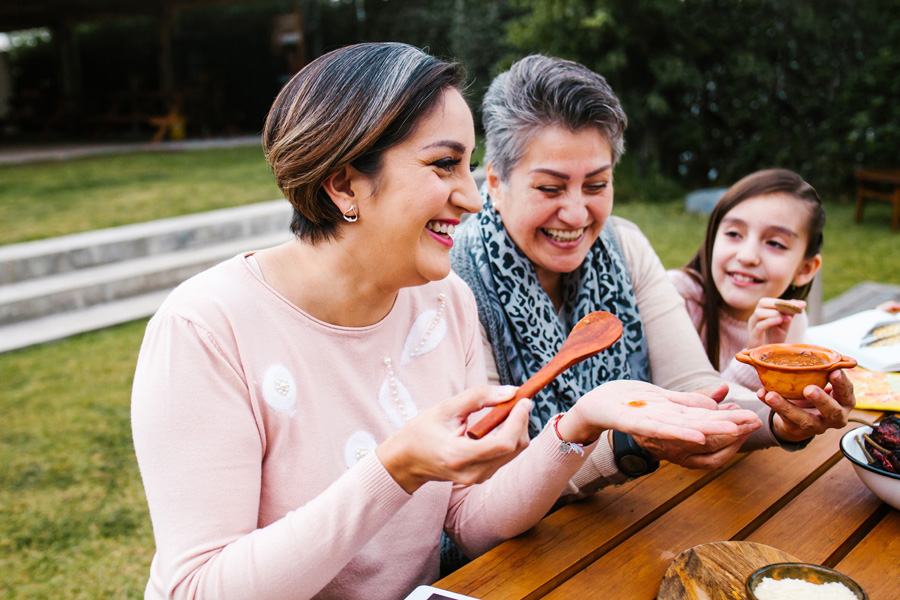Creating a Community of Connection
At FamilyWise we often say that parenting is hard, even in the best of circumstances. For children and families to thrive, parents need the support of their communities – friends, neighbors, coaches and mentors, and more. This month we are highlighting an initiative that demonstrates the power of bystanders in supporting family safety and wellbeing through small, intentional acts of kindness. This idea is one of the many behind the Wakanheza Project*, a Ramsey County project that has been building safe environments and preventing violence at a community level for more than 20 years.
The project operates on the principles that violence occurs when people feel powerless and that in order to prevent violence, we need to ask why it is happening. When the Minnesota Children’s Museum began using the Wakanheza project, they consistently noticed heightened tension between parents and their children during transition points in the museum, like waiting in line for tickets. Children were eager and distracted in the environment, and parents were struggling to keep their children in the ticket line. To prevent stressful moments like this, the museum decided to create “Funstigator” and “Playologist” volunteer roles that engage children while they wait. The changes noticeably reduced family stress, and the museum has shared the Wakanheza Project with other museums around the country.

The Wakanheza Project
The Wakanheza Project is about seeing when people are struggling in an environment and identifying simple solutions that make people feel acknowledged, connected, and supported. “We all need love, caring, and connection,” says Donald Gault, former Manager of the Healthy Communities Division at Ramsey County and co-creator of the Wakanheza Project. He has seen that when parents receive support and face less stress in their day, they are less likely to treat their children harshly.
Wakanheza is the Dakota word for child and literally means “sacred being.” This language is powerful, because referring to children as sacred beings informs how we treat them. The word and spirit of Wakanheza, that children are to be regarded and treated as sacred beings, was shared and offered to be the center of this work in the early ‘90’s by Gaby Strong, then Executive Director of Ain Dah Yung Center in St. Paul. Being thoughtful and intentional about how we treat others can have a significant impact on the people we interact with every day. “We all have an opportunity to create human and humane communities,” says Donald.
Applying Wakanheza to Your Daily Life
We can all apply the principles of the Wakanheza Project to our daily lives. Parenting in public is difficult, so when you see parents, or anyone at all, having a hard time in a moment or feeling powerless, there are ways you can help diffuse the situation and brighten their day:
- Offer assurance through a smile or a nod.
- Show empathy and imagine yourself in the other person’s shoes.
- Distract or redirect their attention away from the stressful situation.
- Find something positive to say about the child, young person, or adult.
- Offer encouragement about something positive that you see in the situation.
By creating a community of acknowledgment and connection, our “village” can work together to make parenting, and life, easier for everyone.
*In recent years, The Wakanheza Project has grown into Authentic Connections, utilizing these same principles to create welcoming and caring environments and communities for youth and adults. For more information on Authentic Connection, visit this link: https://www.ramseycounty.us/residents/health-medical/public-health-initiatives/authentic-connections
